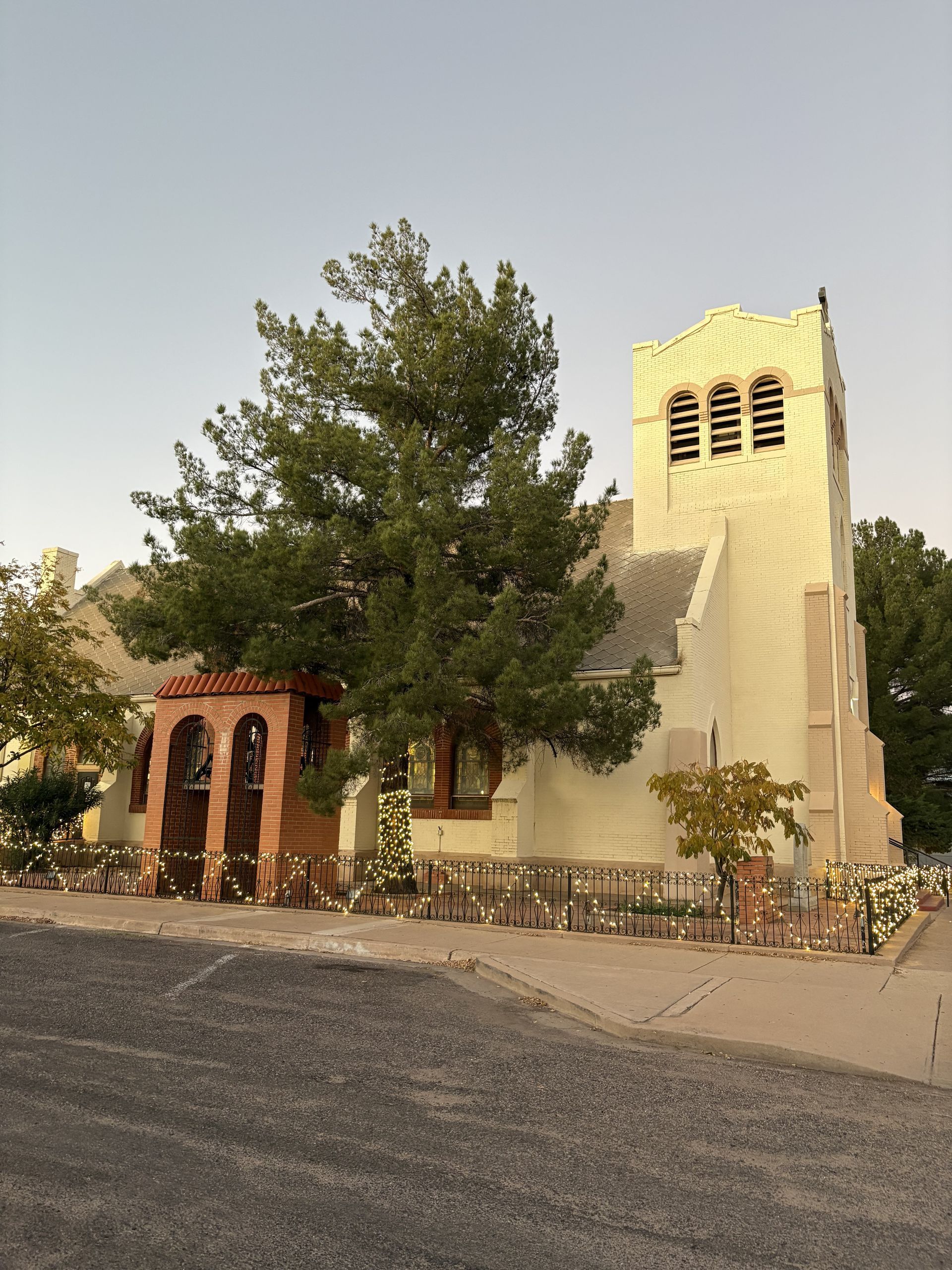This is a subtitle for your new post

This Sunday’s theme is prophecy which primarily deals with the contemplation of truth. Prophecy is concerned about arriving at the truth. Prophets live and die for the truth. Preaching Justice defined as the honoring of one’s relationship with God is what consumes much of their time. Prophecy is a precious gift. It is profession and a vocation not intended for all. Not everyone has this calling. Many of us don’t envy them because of the nature of their job. The main task is to mediate and interpret divine mind and will. A prophet is one who speaks for another. Every religion ancient and modern has prophecy.
In the first reading, we encounter the prophetic vocation of the Prophet Jeremiah and the manner of his calling. It is not a 9:00 am – 5:00 pm job but a vocation, a ministry to love tenderly and forgive quickly. In the opening verses, he said, “The word of the Lord came to me saying: Before I formed you in the womb, I knew you, before you were born, I dedicated you, a prophet to the nations I appointed you” (1: 4-5). His vocation was stamped on him from the moment of his conception. He was destined to be a prophet. God formed him like a potter and a clay in his mother’s womb. God knew him from the first moment of his existence. God told him I have a plan for you. It was not accidental. I dedicated you. I sanctified you. I consecrated you. I separated you in service of me/for divine service. I set you aside for me for prophetic mission to all the nations. You have a choice, but you cannot say no.
Gird your loins. Get ready. Be prompt. Fasten your seatbelt. Put on your coat. This is not a walk in the park. You are about to embark on a difficult mission that involves your whole life. “Stand up and tell them all that I command you. Be not crushed on their account, as though I would leave you crushed before them; for it is I this day who have made you a fortified city, a pillar of iron, a wall of brass, against the whole land” (1:17-18). Jeremiah’s initial hesitation was that he was too young and knew not how to speak but God promised to take care of him and never leave him behind. God chose him and took the initiative without regard for human qualifications. He assured Jeremiah that “they will fight against you but not prevail over you, for I am with you to deliver you, says the Lord” (1: 19).
The book of Jeremiah was a personal witness of his experience. He was the only or sole prophet who poured out his inner struggle and turmoil. And yet, his intimacy with God has grown much. Prophecy is a lonely life because you don’t have a lot of friends. In the case of Jeremiah, his friends deserted him. There was probably a time when he lost all his friends except God. Because the message of justice and truth were heavily loaded and unpopular, he was met with so many oppositions and complaints as expected, even death threats. People got mad and made fun of him. Jeremiah prefigures Christ (the supreme Prophet and not only a prophet but more than a prophet) in the suffering servant of the Prophet Isaiah.
In the gospel, after Jesus preached the words of the Prophet Isaiah ending it with his own, ‘Today this scripture passage has been fulfilled in your hearing. The crowds in the synagogue were astonished at his eloquence. I imagined he probably was not only given a round of applause but a standing ovation. Just before he motioned them to be seated, he heard someone asked, “isn’t this the son of Joseph?” that’s when things went awkward. The crowd got offended. You are no better than us. The famous saying “familiarity breeds contempt” is at work here. We prefer someone who has a sense of humor and make us feel good about ourselves. In a way that’s true because you never know what cross the person seated next to you is going through.
Jesus responded, “Amen I say to you no prophet is accepted in his own native place.” Prophets are not very well received because they tell the truth and in doing so, they get into people’s nerves. They lead us out of our comfort zones and make us reflect on the deeper aspects of life. We want change but none of us wants to do it. We prefer a comforting and sanitized message that maintains the status quo. Don’t kill the messenger. They are not only doing their job. They live the message faithfully and their calling religiously. As a response to the comments made, Jesus brought up the story of the great Prophets Isaiah and Elisha when God turned his favor at the wrong people. Christianity is an inclusive religion with a universal message of salvation: Christ as the sacrament of our encounter with God. It is not meant for a privileged few (the chosen people). “When the people in the synagogue heard this, they were all filled with fury.” They were offended by his words. They felt insulted when he seemed to give them the impression that God was on the side of the people they didn’t like. “They rose up, drove him out of the town, and led him to the brow of the hill on which their town had been built, to hurl him down headlong.”
Isn’t this how we react whenever we hear a story that seems contrary to our tradition and orthodoxy? Isn’t this our response as well whenever we hear a message we don’t like or a message we don’t expect to hear or something that must not be said in a polite conservation? Whenever the church sends a message in favor of the defenseless, insignificant, powerless poor, voiceless strangers, law breaker, the ones on death row and decries same sex marriage, direct killing of the unborn and death penalty, we express dismay, the church is wrong. The Social Catholic Teaching and the principle of sacramentality which we apply in liturgy is a worldview that invite us to see the inherent goodness in humanity and appreciate the beauty and truth of God’s creation. The liturgy is a solemn occasion, but we don’t dismiss the work of human hands.
Prophets are the spokesperson of God. They are the mouthpiece of God and the speaker of the house. They carry the voice of God addressed to the abused riches of the world and the distressed poor concerned with the plight of man. They are the public enemy number One. Their words sound harsh, relentless, and rude but underneath the spoken and written word is God's answer to the real problems of the times. They don’t care for as long as the message reached the ears of the listeners. In their long years of service to God, they have developed a deep sensitivity to evil and the depths of misery. They take us to the slums. They don’t doubt the calling. They have been sanctioned by God and cared less about what people say. They share the magnitude of the message even to the point of losing their most loved profession and lives. Failure to speak would mean doing a great disservice to God and a gradual collapse of the culture of society. We have developed a sugar- coated version of Jesus as being super nice, meek, and humble who doesn't know how to get mad even at the violation of human dignity and the exploitation of the poor. Prophecy is not a message of condemnation but proclaims God’s unadulterated message of love and kindness. It is about taking us back into the roots of our faith and right relationship with God. Love never fails (1 Cor 13:8). And the greatest of these is love/charity (1 Cor 13:13). The gospel concludes with the verse, “But Jesus passed through the midst of them and went away”. He moved on. Amen.



